
Features
Wirral dad and son capture fantastic hidden camera footage to create Heswall Wildlife Safari
2 years ago
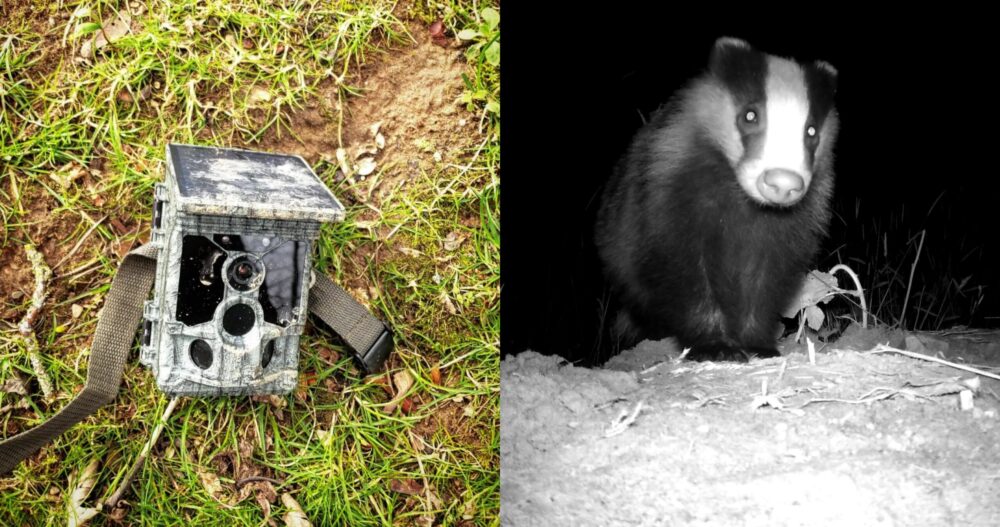
A Wirral dad and son have created Heswall Wildlife Safari after capturing incredible footage of Wirral’s badgers, foxes, other animals and birdlife.
John Devine and his son Charlie began filming wildlife near their Heswall home after they discovered a fox was paying a visit to help itself to egg deliveries.
John suggested that Charlie, who was seven at the time, put a wildlife camera on his Christmas list in 2020 to see exactly what was happening.
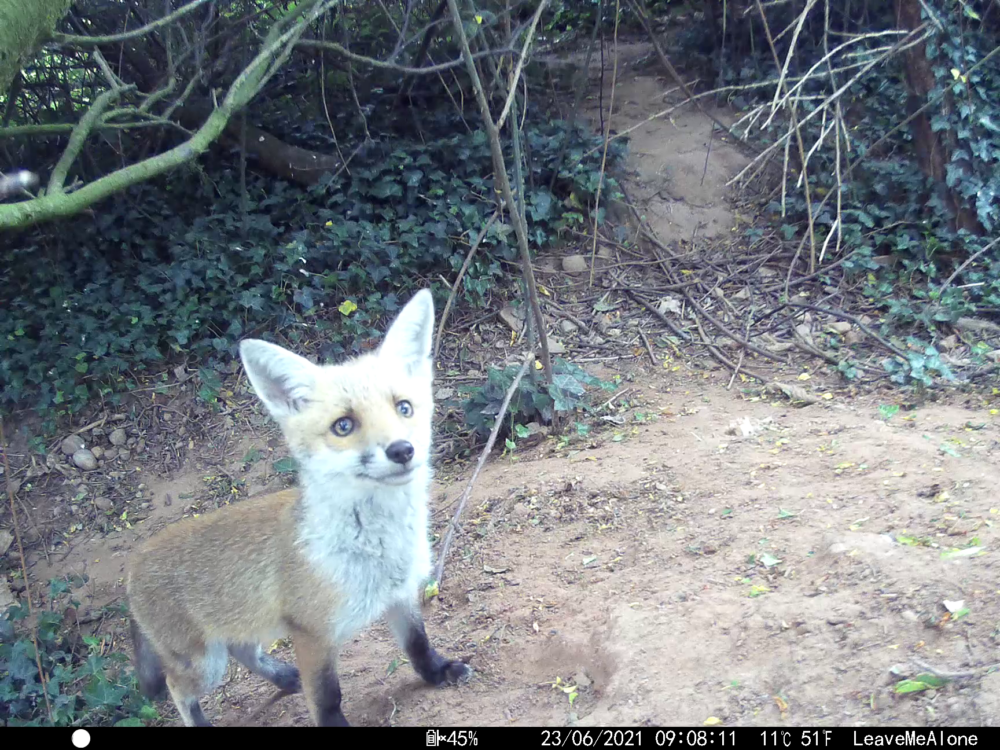
“He’s obsessed with wildlife, so he got the camera and I set it up for him at the front of our house,” says John. “We put out some eggs and filmed this fox stealing them. We carried on feeding it and it would come back, at first on its own and then with a partner.”
When the fox moved on, John, Charlie and their camera did too. They went to the local park and filmed foxes there and, as an extra lockdown project, began writing scripts which Charlie narrated.
“We started getting braver, putting the camera out in the local area, and we went to a nearby wood and filmed some badgers. We hadn’t even realised there were badgers on the Wirral but we got a tip-off from a friend, then we got in touch with the local badger group and told them we’d been filming.
“We thought they’d be interested because all the data helps in conserving the badgers, so they very kindly showed us round a sett and let us put the camera up there.”
At first, John – who works as a site manager at St Anselm’s College – and Charlie just enjoyed watching the footage themselves.
But as they started to gather more, they decided to share it, setting up a Heswall Wildlife Safari page on Facebook.
Soon lots of Wirral wildlife lovers were following the daily lives of badgers and other animals and birds living on their doorstep.
“When you drive to and from Heswall, behind the high hedges you can’t see what’s going on in the fields so you might just think they’re empty but they’re absolutely not.
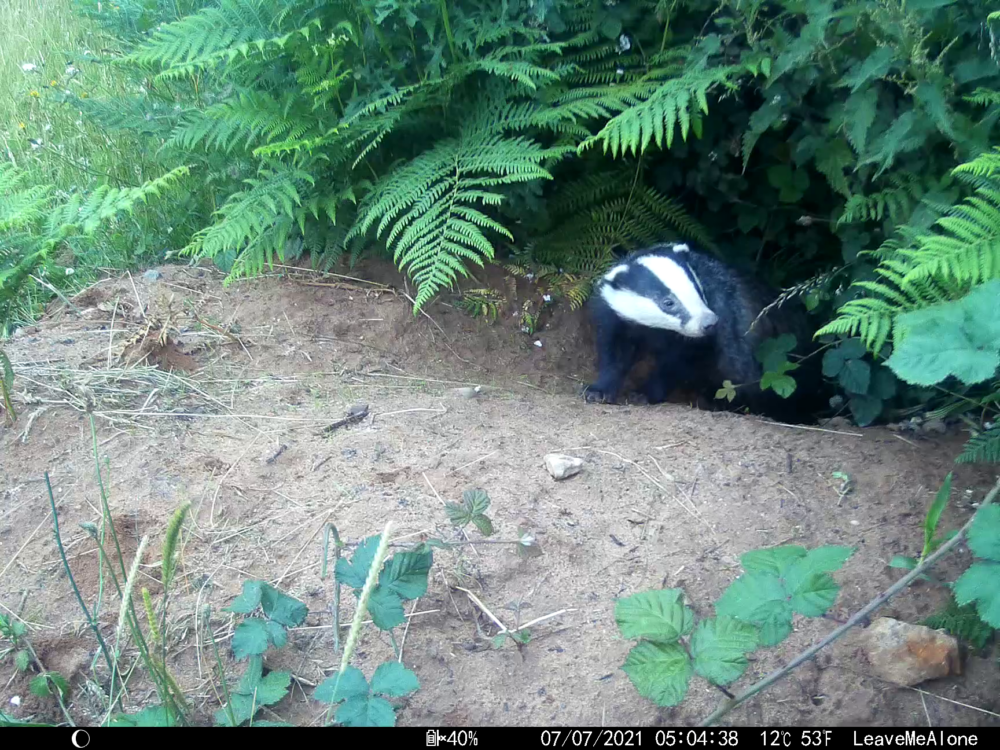
“With all the threat to the greenbelt, we thought if we put this footage out there it might help people to realise how precious their greenbelt is and the fields are,” says John.
“While the badgers and other animals might not live in that field, they need to forage, they need to hunt, and they need some space from humans.”
John and Charlie are careful not to disclose the exact locations of their cameras to protect the wildlife from being disturbed.
They position them and leave them to capture whatever happens, usually at night when the animals are at their busiest.
“You never know what you’re going to get so when you’re heading towards the camera you find yourself almost sprinting towards it to get to the footage really quickly. Sometimes you can’t quite see on the tiny screen and you have to take it away, other times you know you’ve got something good.
“We’ve had badgers mating right in front of the camera, badgers going up into a tree to drink from a natural bowl up there, rough playing to test their boundaries and practicing fighting. We put a camera on a log bridge to see what would walk across it and we saw sparrowhawks sitting on there, weasels, all sorts of different birdlife.
“Regularly we’ll watch and think wow, we didn’t know they did that, we didn’t know they sounded like that, or we didn’t realise they’d take bedding into the sett 35 times over five nights, tucked in a ball under their chin!”
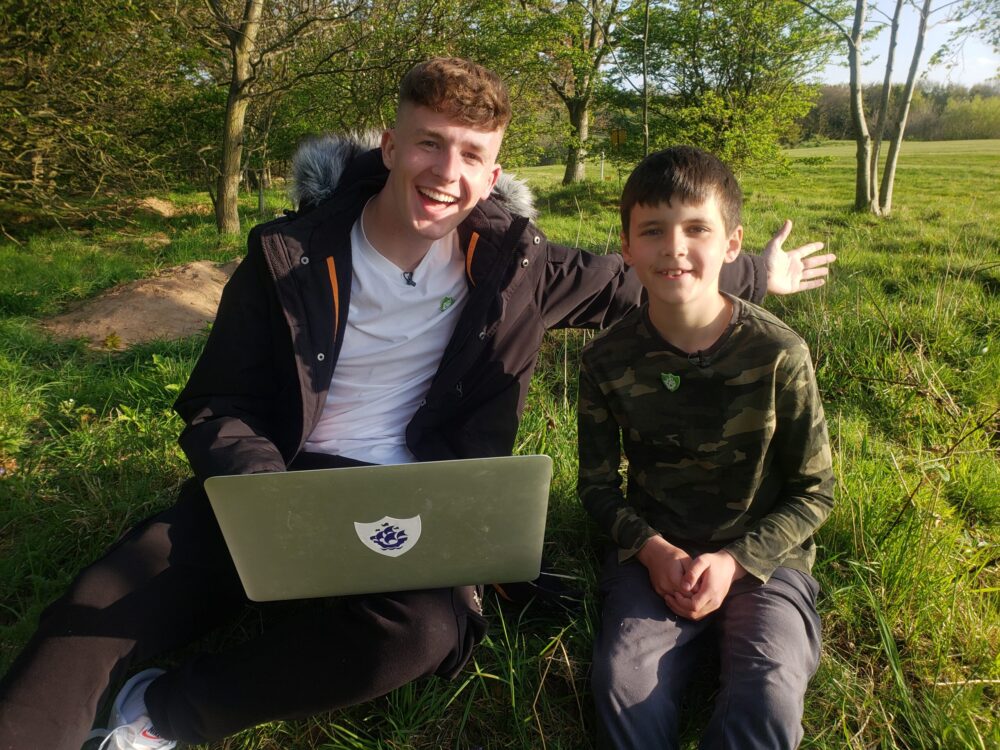
John and Charlie’s Heswall Wildlife Safari has been so successful, they were asked by the local badger group to make a film about badgers for kids. It’s called A Nocturnal Life and, in addition to being on their YouTube channel, it led to Charlie going on Blue Peter to talk about badgers and show the presenters around a sett.
The pair were also asked to help find Wirral locations for a David Attenborough series and some of their badger footage appeared on a Steve Backshall documentary.
Charlie is still as fascinated by wildlife as he was when they started the project over three years ago and he’s keen to pursue it as a career one day.
In the meantime, they hope to inspire people to enjoy and care for the wildlife around them more.
“We’d really like to put badgers on the map, so they’re appreciated more. We just want our countryside to be loved by people,” says John.


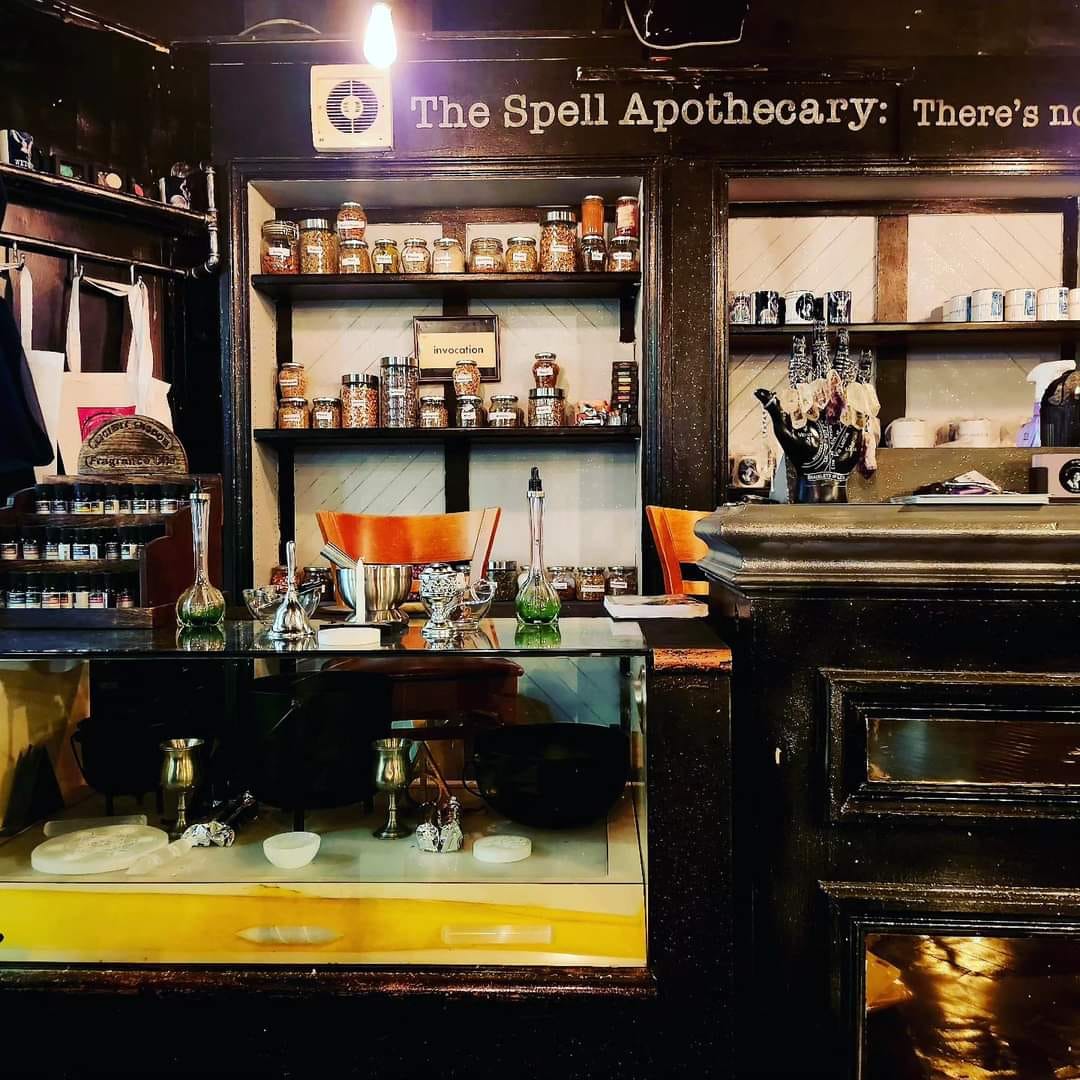
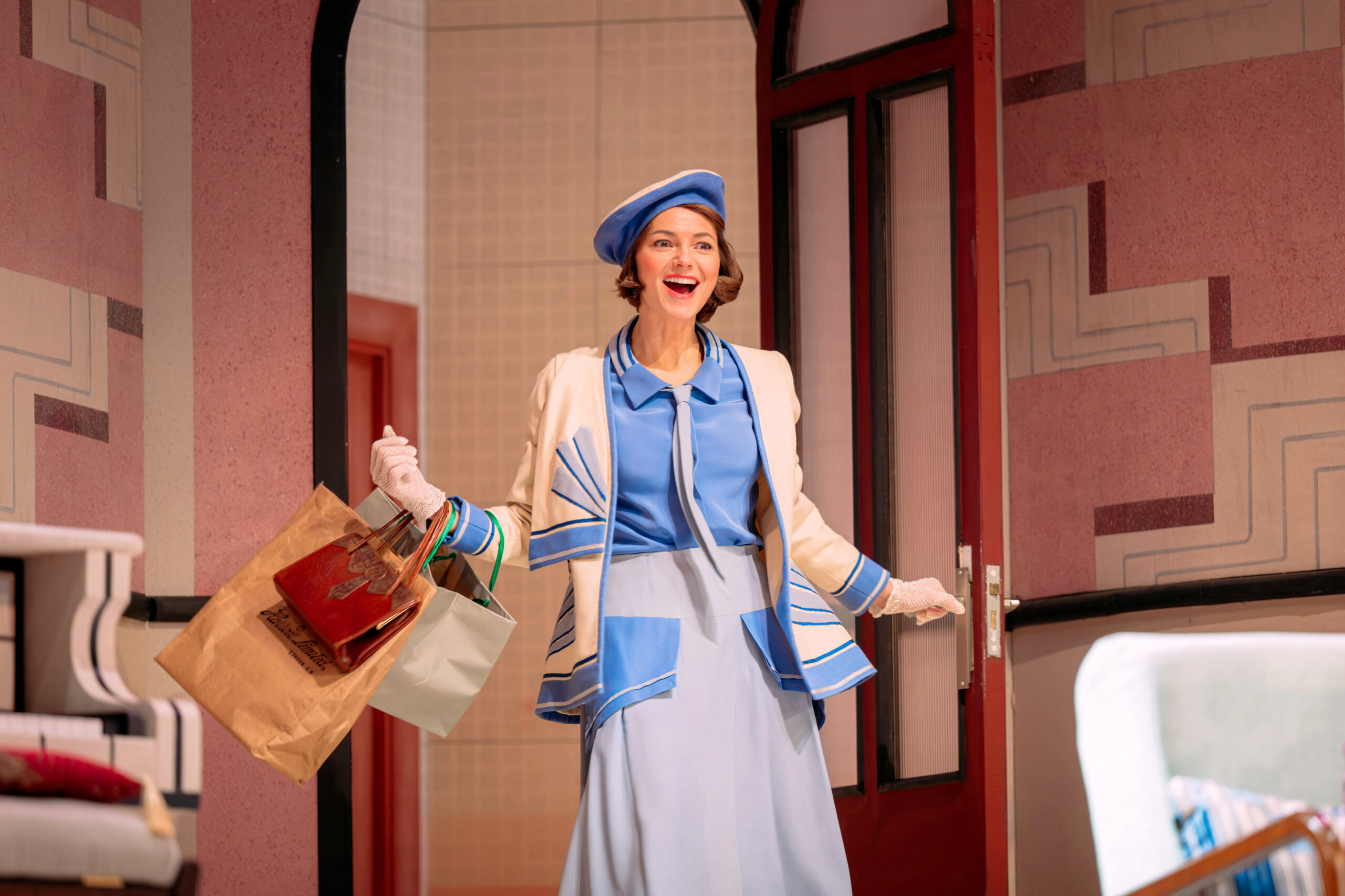
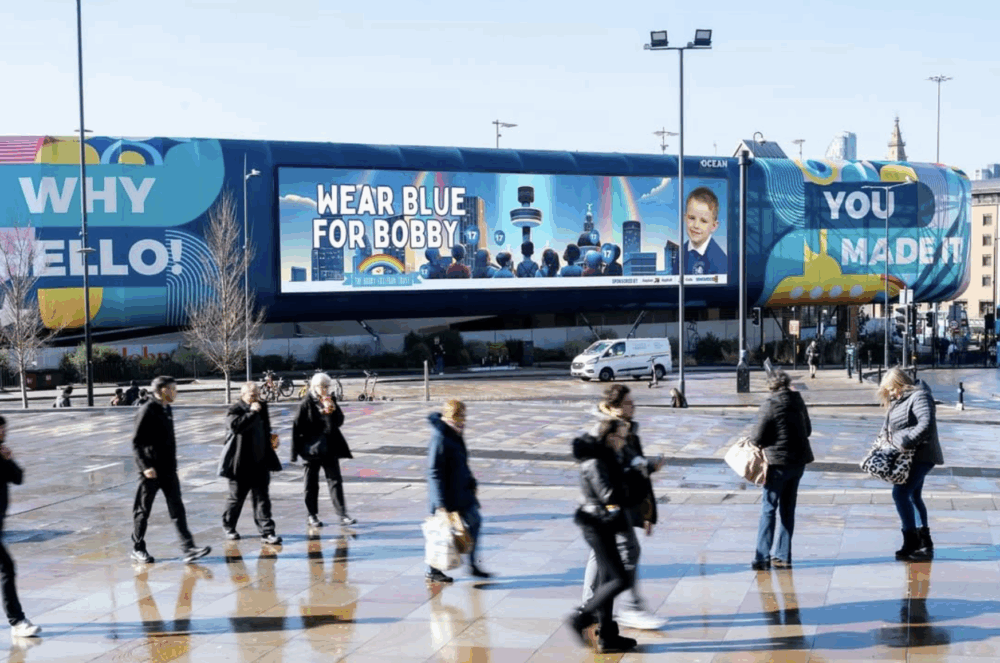
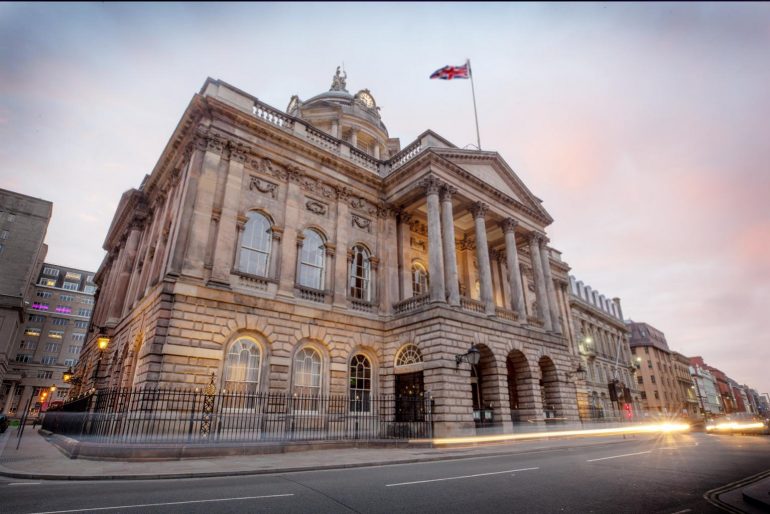
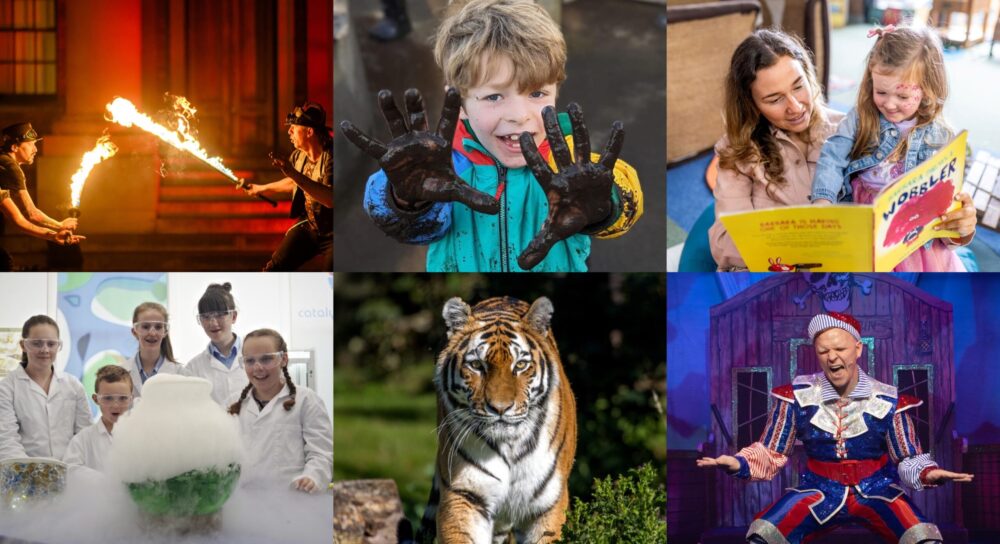
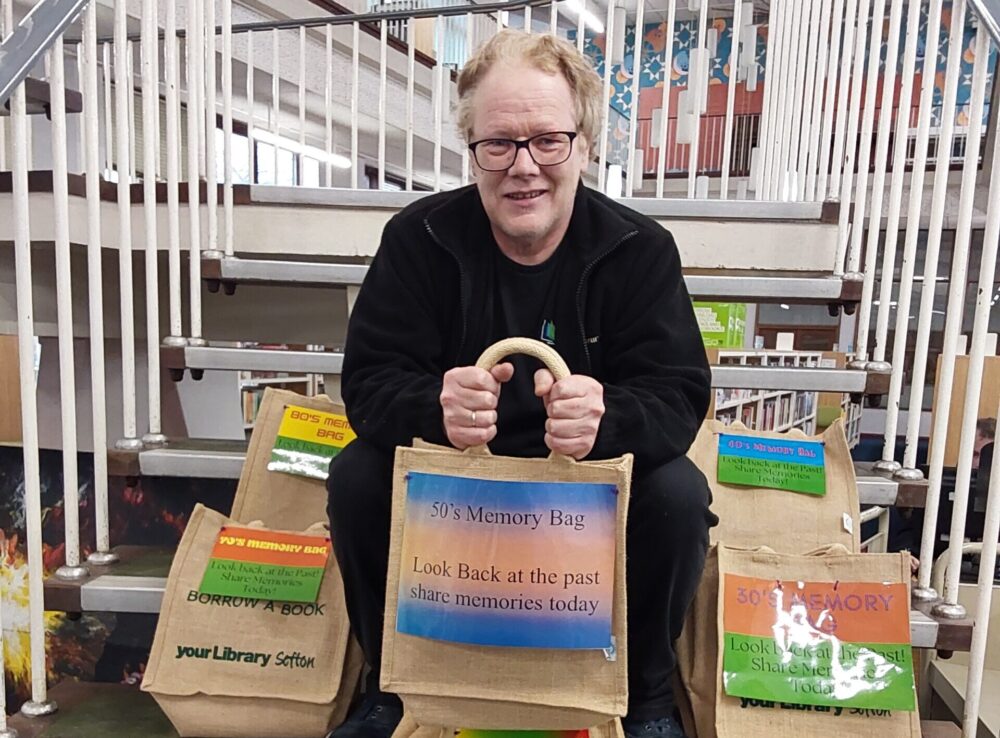
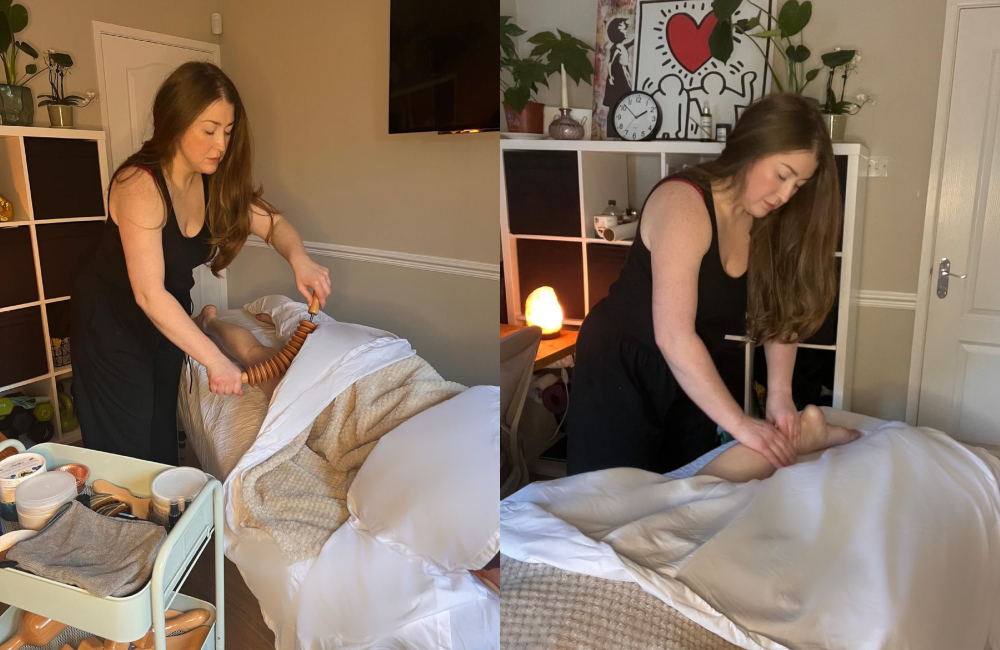
 Subscribe
Subscribe Follow Us
Follow Us Follow Us
Follow Us Follow Us
Follow Us Follow Us
Follow Us Follow Us
Follow Us











